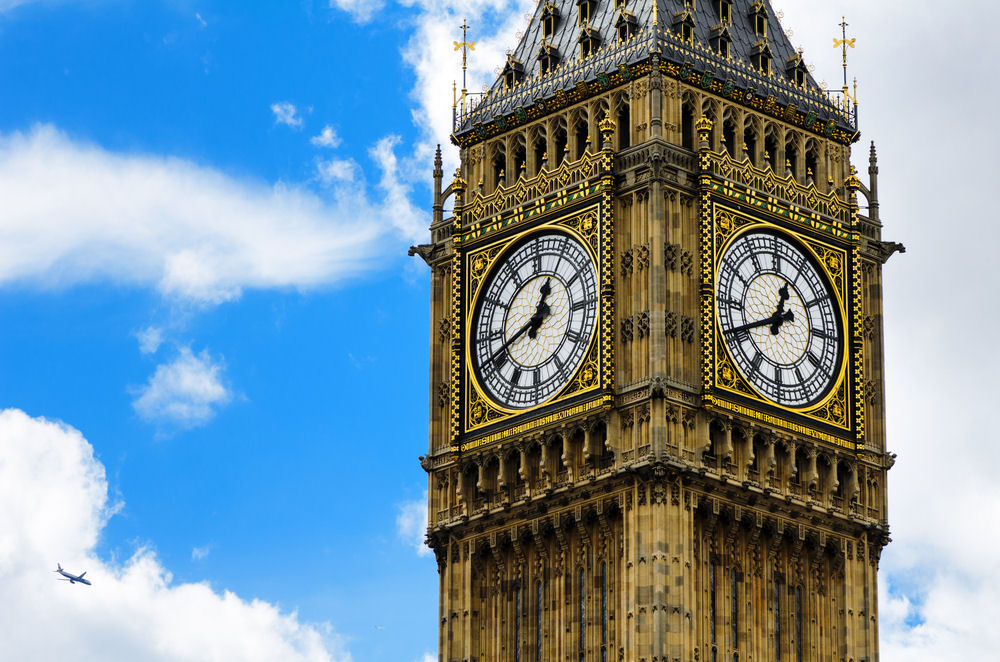

By Steven Pinhey, Head of tax dispute and resolution
stevenpinhey@lubbockfine.co.uk
020 7490 7766
In these days of financial austerity, not a week seems to go by without some daily newspaper referring to the tax avoidance by big corporates, citing names such as Amazon, Google and Starbucks or individuals who think that they are above the law.
In fact, Amazon, Google and Starbucks and many of the other large corporates have
done nothing legally wrong in arranging their tax affairs the way they have although there may be ethical and moral concerns with the amount of tax they pay. It is also often the
case that individuals fail to pay the correct amount of tax not because they are actively looking to evade paying it but rather the UK tax legislation is so complex that errors occur interpreting it when considering what tax has to be paid.
So where are the ‘gaps’ in our tax take and how is it calculated?
HMRC annual publish their statistics on the UK ‘Tax Gap’. This is a measurement of the
difference between the amount of tax that should, in theory, be collected by HMRC, against what is actually collected.
‘Measuring the tax gaps 2018 edition’ was released earlier this year and the findings as always make interesting reading.
The UK tax gap was estimated at £33 billion during the 2016/17 tax year which is 5.7% of all tax liabilities. These figures seem huge, and they are but HMRC is keen to point out that this percentage has been falling in recent years. So how is it calculated? and is it the large companies and individuals that make up the largest defaulters? The answers are surprising.
HMRC have calculated the breakdown of the £33 billion by customer group as follows:
| Small businesses | £13.7bn |
| Large businesses | £7.0bn |
| Criminals | £5.4bn |
| Mid-sized businesses | £3.9bn |
| Individuals | £3.4bn |
So it isn’t the large businesses and definitely not individuals who make up the majority of our tax defaulters.
Society expects us all to pay our fair amount of tax and it is only proper that HMRC have the powers to tackle those who fail to pay their fair share or refuse to ‘play by the rules’. However, let’s make sure that when we are talking about the tax gap that we are making informed comments and if the rules aren’t working or produce an unfair result then let’s get the law changed.
This article can also be viewed on the London Business Matters website.